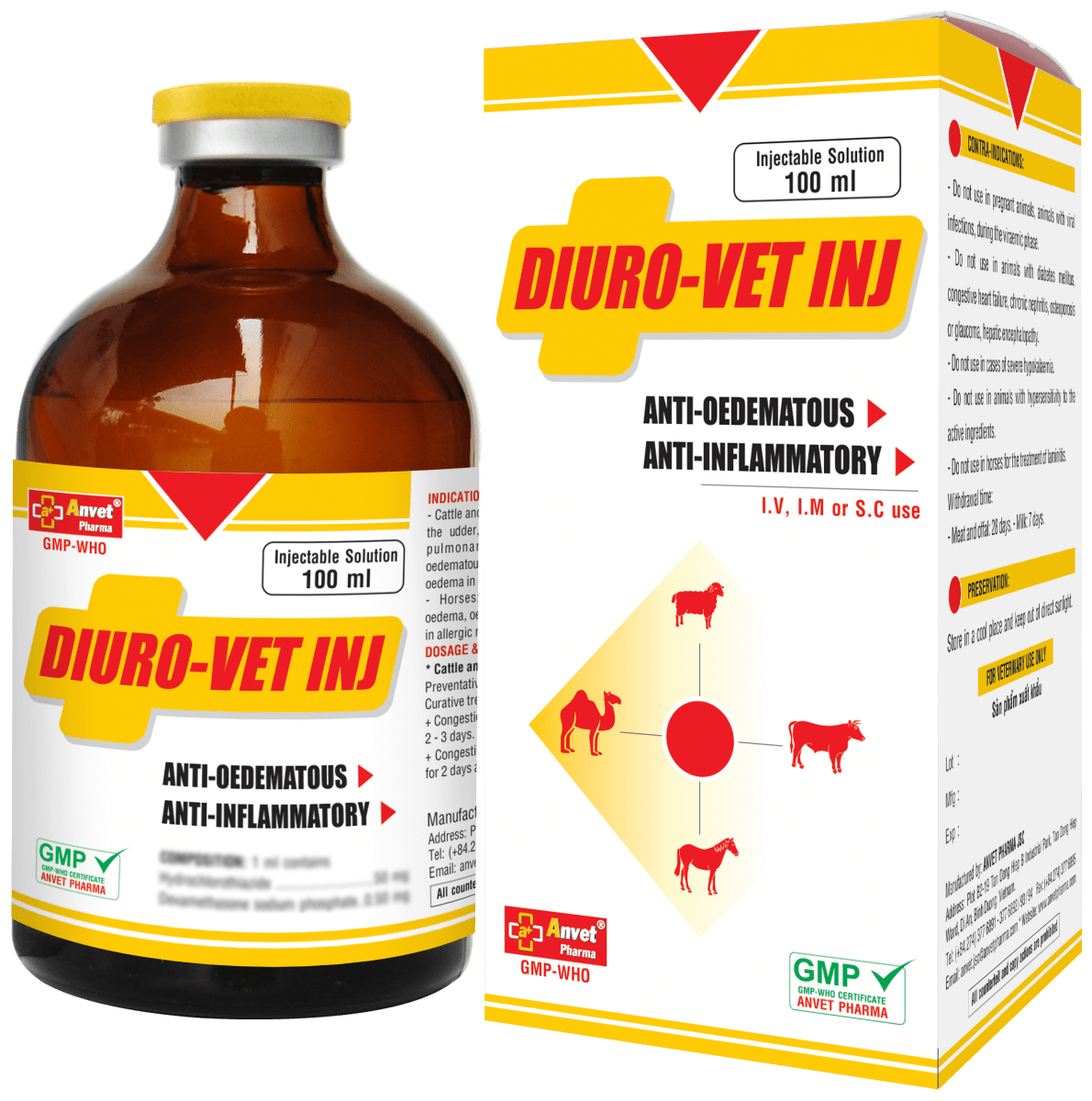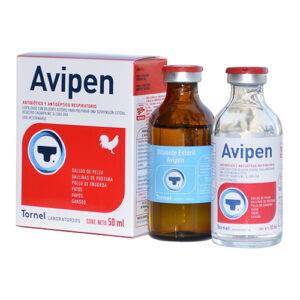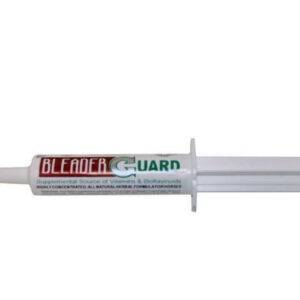Diuro Vet Injection
Diuro Vet Injection is a veterinary diuretic medication commonly used to treat fluid retention (edema) in animals such as horses, cattle, and dogs. It typically contains furosemide, a potent diuretic that works by helping the body eliminate excess fluid through increased urination. Below is a detailed account of Diuro Vet Injection, including its uses, dosage, benefits, side effects, and precautions.
What is Diuro Vet Injection?
Diuro Vet Injection is a veterinary medication containing furosemide, a loop diuretic that promotes the removal of excess fluids from the body. It is used to treat conditions where fluid retention is a problem, such as in cases of heart failure, pulmonary edema, kidney disease, or liver disease in animals.
Active Ingredient:
Furosemide: A powerful diuretic that inhibits the reabsorption of sodium and chloride in the kidneys, leading to increased urine output and the elimination of excess water, sodium, and other electrolytes from the body.
Uses of Diuro Vet Injection:
Pulmonary Edema: Helps to reduce fluid buildup in the lungs, which can improve breathing and oxygenation in animals suffering from heart failure or severe respiratory issues.
Congestive Heart Failure: Used to reduce the workload on the heart by eliminating excess fluid, which helps to lower blood pressure and reduce the swelling associated with heart failure.
Kidney Disease: Can be administered to treat fluid retention caused by impaired kidney function, where the kidneys are unable to properly remove fluid from the body.
Liver Disease: Helps manage ascites, a condition where fluid accumulates in the abdomen due to liver dysfunction.
Generalized Edema: Treats fluid accumulation in tissues caused by various conditions, such as inflammation, trauma, or infections.
Exercise-Induced Pulmonary Hemorrhage (EIPH) in Horses: Furosemide is sometimes used to prevent or reduce bleeding in the lungs during intense exercise, commonly seen in racehorses.
Prevention of Laminitis in Horses: In some cases, Diuro Vet may be used to reduce the risk of laminitis (inflammation of the hoof tissue) by managing fluid balance in the body.
Dosage and Administration:
Route of Administration: Diuro Vet Injection is administered either intramuscularly (IM) or intravenously (IV), depending on the severity of the condition and the species being treated.
Dosage: The dosage varies according to the animal’s size, species, and the condition being treated. For example, horses may receive higher doses than smaller animals such as dogs. The frequency of administration can range from once a day to several times a day, depending on the severity of the condition.
Veterinary Supervision: It is important that the dosage and duration of treatment be prescribed and monitored by a veterinarian to avoid complications such as dehydration or electrolyte imbalances.
5. Benefits:
Rapid Fluid Removal: One of the key benefits of Diuro Vet Injection is its ability to rapidly reduce fluid buildup in the lungs, tissues, or abdomen, which can be life-saving in cases of acute heart failure or pulmonary edema.
Improves Circulation: By reducing fluid overload, it helps improve overall circulation, reducing the workload on the heart and improving blood pressure regulation.
Prevents Complications from Fluid Retention: In animals with chronic conditions such as heart or kidney disease, Diuro Vet helps prevent complications such as high blood pressure, difficulty breathing, and tissue swelling.
Side Effects:
Dehydration: One of the most common side effects of furosemide is dehydration due to excessive fluid loss. This can lead to symptoms like lethargy, dry mucous membranes, and increased thirst.
Electrolyte Imbalances: Furosemide can cause a loss of important electrolytes like sodium, potassium, and chloride. Low potassium levels (hypokalemia) are particularly concerning, as they can affect heart function.
Increased Urination: As a diuretic, Diuro Vet Injection significantly increases urine output, which may require close monitoring to ensure the animal does not become dehydrated.
Low Blood Pressure (Hypotension): Excessive fluid loss can lead to a drop in blood pressure, which can cause weakness, dizziness, or fainting in some animals.
Gastrointestinal Issues: Some animals may experience nausea or vomiting as a result of furosemide treatment.
Allergic Reactions: Though rare, some animals may be allergic to furosemide or other components in Diuro Vet, leading to skin reactions, difficulty breathing, or other signs of hypersensitivity.
7. Contraindications:
Severe Kidney Dysfunction: While furosemide is used to treat kidney disease, it should be used with caution in animals with severely impaired kidney function, as it may exacerbate kidney issues if not carefully monitored.
Dehydrated Animals: Diuro Vet should not be used in animals that are already dehydrated or suffering from significant electrolyte imbalances, as it can worsen these conditions.
Pregnancy and Lactation: Use of furosemide in pregnant or lactating animals should be done with caution and only under veterinary guidance, as it may affect fetal development or milk production.
Monitoring and Precautions:
Regular Monitoring: Animals on Diuro Vet Injection should be closely monitored for signs of dehydration, low blood pressure, and electrolyte imbalances. Regular blood tests may be necessary to check electrolyte levels, kidney function, and hydration status.
Water Access: Ensure the animal has access to plenty of water to avoid dehydration, especially after administering a diuretic.
Avoid Overuse: Long-term or excessive use of furosemide can lead to chronic dehydration, kidney damage, and electrolyte disturbances. It should be used as part of a well-rounded treatment plan.
Tapering: If Diuro Vet Injection is being used for an extended period, the dose may need to be tapered gradually under veterinary supervision to avoid sudden fluid retention once the medication is stopped.
9. Legal and Prescription Status:
Prescription Medication: In most regions, Diuro Vet Injection is a prescription-only medication due to its potent effects and the need for careful dosage and monitoring.
Withdrawal Times: In food-producing animals, there may be specific withdrawal times before the animal’s meat or milk can be used for human consumption after Diuro Vet treatment.
Where to Buy:
Diuro Vet Injection can be purchased from licensed veterinary pharmacies, either in physical stores or through online veterinary suppliers. A prescription from a veterinarian is usually required to purchase this medication.
Conclusion:
Diuro Vet Injection is an effective diuretic treatment for fluid retention and edema in animals, particularly in cases of heart failure, kidney disease, and pulmonary edema. It acts by promoting the removal of excess fluid through increased urination, improving the animal’s overall health and reducing symptoms associated with fluid overload.
However, it is a potent medication that requires careful monitoring to avoid side effects such as dehydration, electrolyte imbalances, and low blood pressure. As with any veterinary medication, it should be used under the supervision of a veterinarian who can adjust the dosage and monitor the animal’s response to treatment.





Reviews
There are no reviews yet.